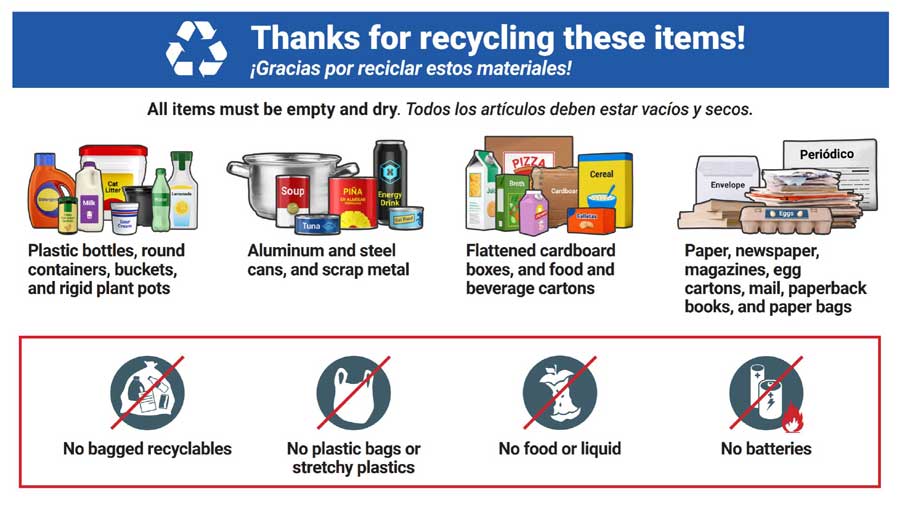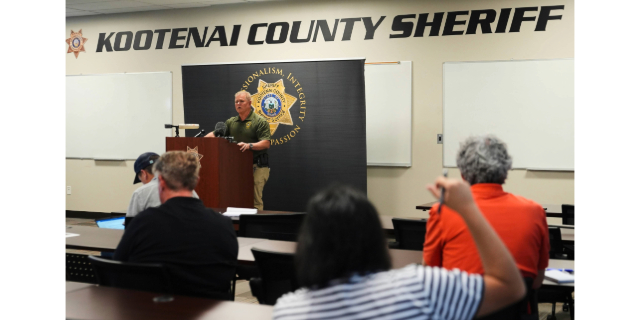OTHER VIEWS: GOP primaries for Legislature are proving to be hard to decipher
Published 5:00 am Wednesday, May 15, 2024

- other views logo
Republican primary contests this year in many states — Washington and Idaho for two — have evolved into battles between traditional conservatives and more uncompromising activist and often Trumpist groups.
Oregon is mostly an exception.
The state has no lack of Republican primary contests, five in the state Senate and 10 in the House, with about four times as many House seats are up for election. While some candidates identify themselves along the lines of former President Donald Trump, few do so very explicitly.
The reasons why aren’t clear. The state’s late presidential primary, which will feature only Trump on the Republican side, may have lowered the attention level a little in Oregon at the local level.
Maybe, too, Oregon’s nature is more inclined to focus on local concerns and individual personalities.
Oregon’s Republican contests seem at least to have evolved that way. Most of the candidate differences relate more to approach to the job than to policy or even personality differences.
In Senate District 2, which includes Josephine and parts of Douglas and Jackson counties, incumbent Art Robinson was legally barred from running again, so his son Noah Robinson has filed to replace him. He is opposed by current Rep. Christine Goodwin of Canyonville.
She told the Capital Chronicle: “I filed because the threat of another Robinson was frightening to me.”
She said the elder Robinson only opposed bills while she said she would compromise, when necessary, to find solutions. The thread of practical legislating against an uncompromising edge runs through several races.
That holds true for the statewide and ideologically-oriented Republican Unity Caucus PAC, which has become involved in Republican primary contests, one of the few state organizations to do so.
It describes itself as “uniting activists and legislators to empower the Freedom Movement in Oregon,” and does not get much more specific from there, freeing it to act in the primaries however seems desirable.
Its most visible activity concerns incumbent Republican Sen. David Brock Smith of Port Orford, who is facing three primary opponents for his southern coastal seat, with logger Todd Vaughn winning RUC backing. The PAC’s blasts at Brock Smith led to cease-and-desist letters from Brock Smith’s attorney with indications that he might sue over what he described as false campaign statements.
The complaints against Brock Smith, describes himself as a staunch conservative, are hard to parse, but seem to argue that he was too supportive of Democratic initiatives and might have been helping a Chinese businessman.
In only one case among the 15 Republican primary contests was a significant policy difference between two candidates clearly central.
That is in House District 12 in rural Lane County where incumbent Rep. Charlie Conrad of Dexter faces a challenge by Darin Harbick over Conrad’s vote in 2023 for a Democratic-backed reproductive health care bill. Conrad went against his party on the bill, which sparked a Republican Senate walkout that lasted for six weeks.
On the day after primary election day, Oregon Republicans — and political analysts — may have a hard time drawing any sweeping conclusions, apart from liking or disliking their incumbents, about what the party’s voters want.










